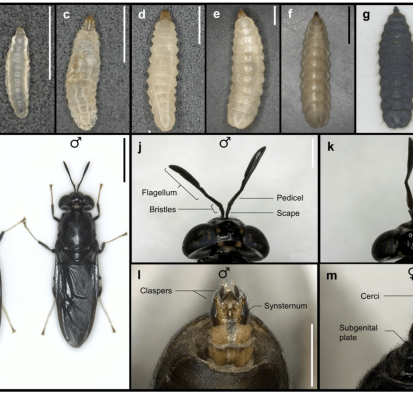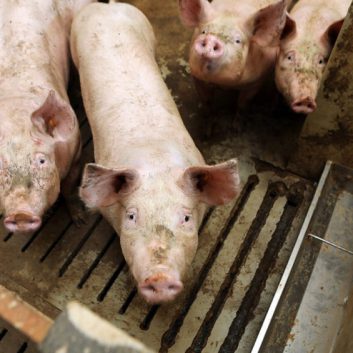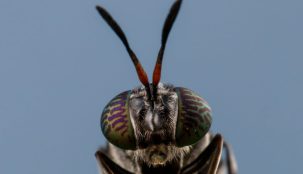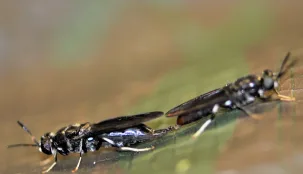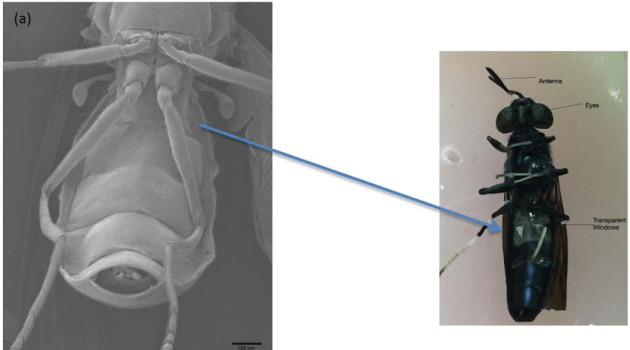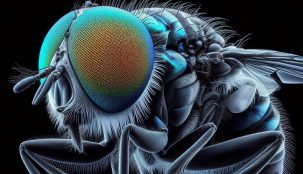Gene Editing in Black Soldier Flies
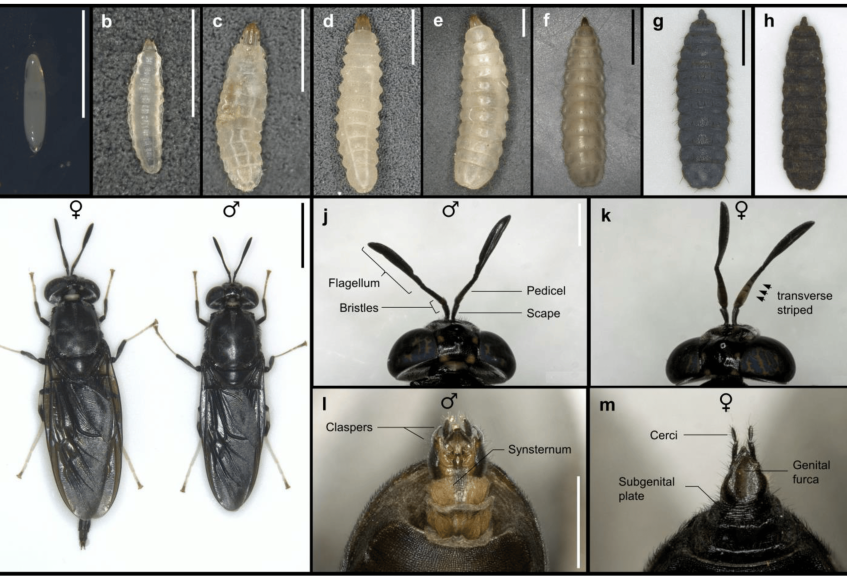
In the ever-evolving landscape of genetic research and biotechnology, black soldier flies (BSF) have become the focus of increasing attention due to a remarkable discovery: recent research has shown that BSF genes can be edited using powerful gene-editing tools. This breakthrough has opened up exciting new possibilities in the fields of agriculture, waste management, and sustainable practices.
The Power of Gene Editing
Gene editing is a revolutionary technique that allows scientists to make precise alterations to an organism’s genetic material. The breakthrough tool known as CRISPR-Cas9 has gained widespread recognition for its precision and efficiency in targeting specific genes and making modifications. Its application in black soldier flies has the potential to revolutionize our understanding of these insects and their role in various industries.
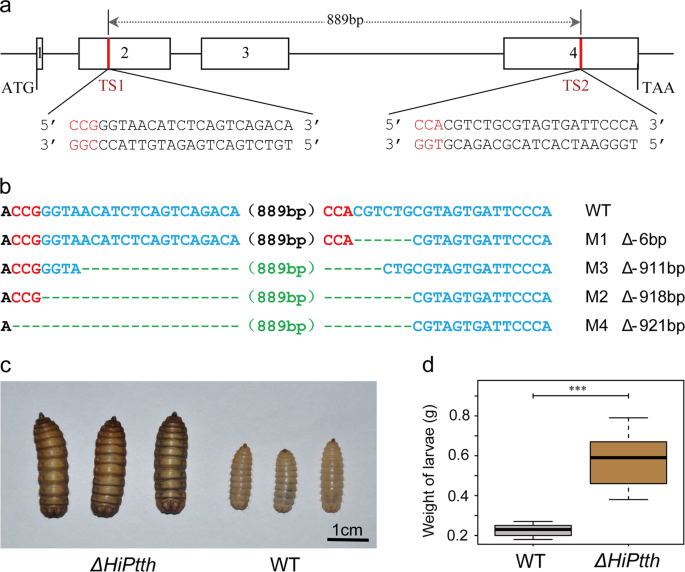
Key Findings in BSF Gene Editing
Recent research has demonstrated that gene editing tools can be effectively applied to black soldier flies. This development opens the door to several intriguing possibilities:
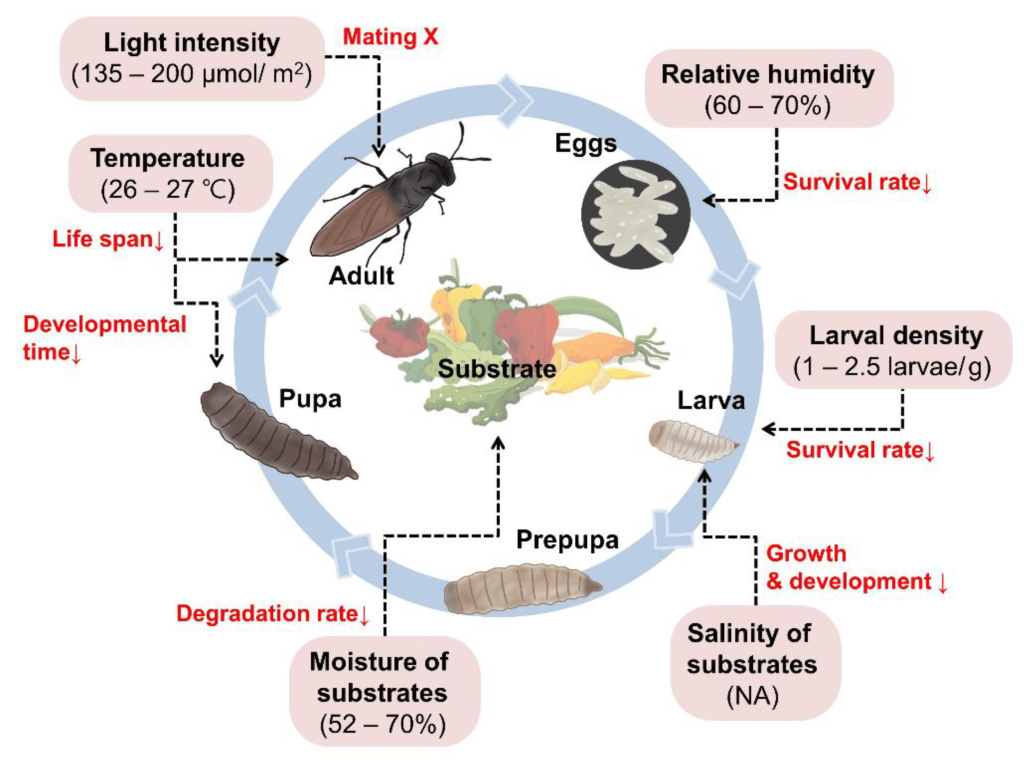
- Enhancing Waste Decomposition: By editing specific genes in black soldier flies, researchers may be able to optimize their waste decomposition capabilities, making them even more efficient at breaking down organic matter.
- Increased Nutrient Content: Gene editing could be employed to boost the nutrient content of black soldier fly larvae, further enhancing their value as a sustainable protein source in agriculture.
- Resistance to Diseases: The ability to modify BSF genes may lead to the development of disease-resistant strains, safeguarding black soldier fly populations against potential threats.
- Biofuel Production: Gene editing might enable the customization of black soldier fly larvae for higher oil production, potentially making them a more viable source for biodiesel and other biofuels.
Sustainable Agriculture and Waste Management
Black soldier flies have already demonstrated their potential as valuable contributors to sustainable agriculture and waste management. Gene editing provides a new dimension to their potential applications:
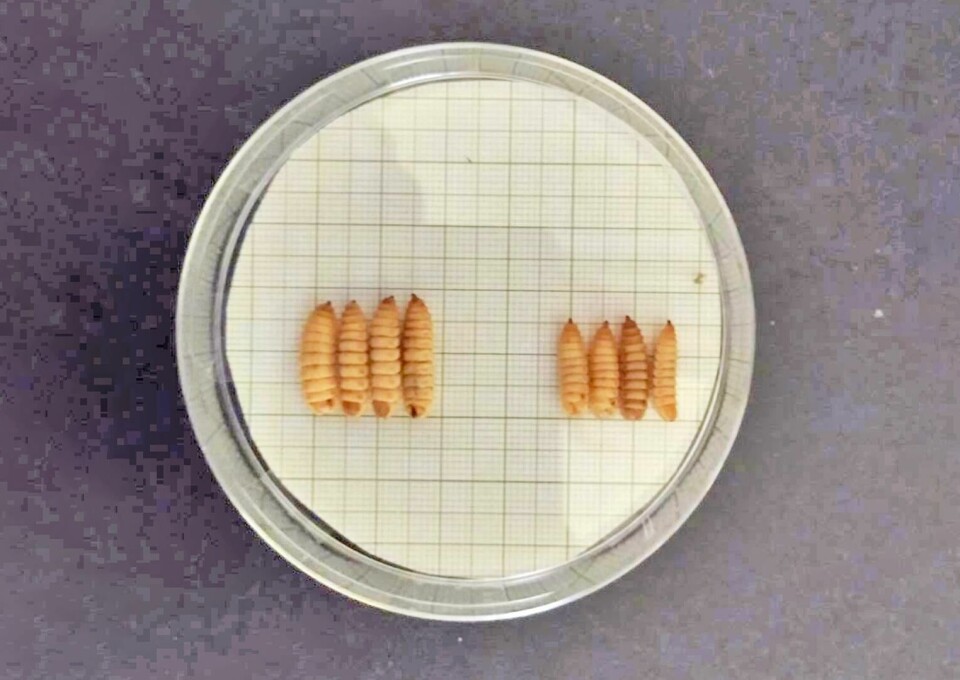
- Nutrient Recycling: Edited BSF strains could become even more efficient at converting organic waste into nutrient-rich biomass, which can be used as animal feed or organic fertilizers.
- Protein Production: By optimizing their genetic makeup, black soldier flies could become even more significant as a sustainable source of protein for livestock and aquaculture.
- Circular Economy: Gene-edited BSF could play a pivotal role in a circular economy, where waste materials are upcycled into valuable resources.
Challenges and Ethical Considerations
While the prospects of gene editing in black soldier flies are exciting, they also come with challenges and ethical considerations. Ensuring the responsible use of this technology is paramount, along with addressing potential ecological and regulatory concerns.
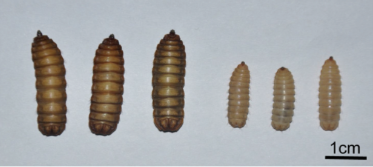
The discovery that BSF genes can be edited using gene-editing tools represents a significant leap in our understanding of these remarkable insects. With the potential to enhance their waste decomposition abilities, boost their nutrient content, and expand their applications in sustainable practices, black soldier flies are poised to play an even more pivotal role in addressing pressing environmental and agricultural challenges. As research continues, we are likely to witness further innovations and advancements in harnessing the potential of these tiny but mighty contributors to our world.
For more information about:
- Insect Bioconversion of Waste, please contact us at the Insect school. https://www.insectschool.com/
- Turnkey Insect Farms – https://www.insectengineers.com/bsfturnkey/production
- If you would like to book BSF industry keynote speaker Bob Holtermans for your event – https://www.insectengineers.com/about-us/speaker-bobholtermans
